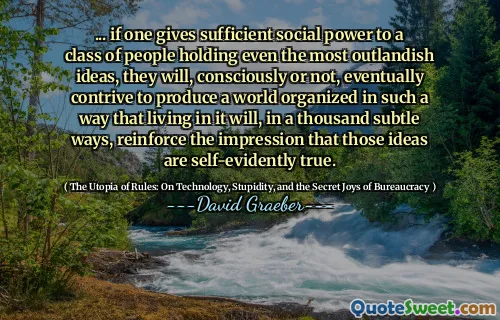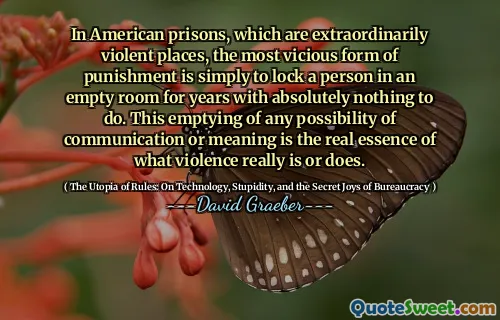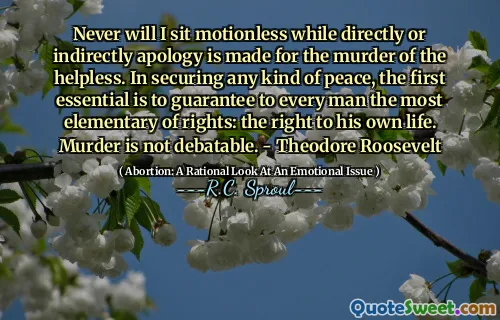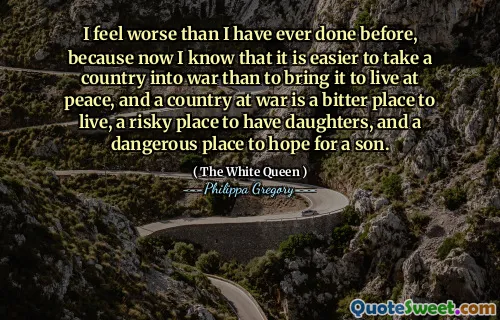
In American prisons, which are extraordinarily violent places, the most vicious form of punishment is simply to lock a person in an empty room for years with absolutely nothing to do. This emptying of any possibility of communication or meaning is the real essence of what violence really is or does.
This poignant observation by David Graeber illuminates a disturbing aspect of institutional violence — the act of confinement devoid of purpose or human connection. Often, violence is perceived as physical assault or active aggression, but Graeber points to a more insidious form: psychological and existential violence. The act of isolating individuals in empty rooms, stripping them of interaction, purpose, and dignity, becomes a powerful tool of control and suppression. Such treatment reduces individuals to their mere physicality, neglecting the intrinsic human need for communication, understanding, and meaningful engagement. This form of violence can corrode the human psyche over time, fostering despair, helplessness, and a profound sense of alienation. It exposes the darker side of institutional power, where the absence of activity and connection can serve as a method of punishment far more brutal than physical violence because it attacks the very essence of personhood. The quote perversely suggests that true violence is not always overt but can be embedded within systematic practices that deny individuals their humanity. Recognizing this allows us to question the morality of such treatments and push for more humane approaches within our justice systems and societal institutions. Ultimately, Graeber challenges us to reevaluate our understanding of violence—highlighting the importance of human connection and purpose in preserving dignity and preventing dehumanization.








